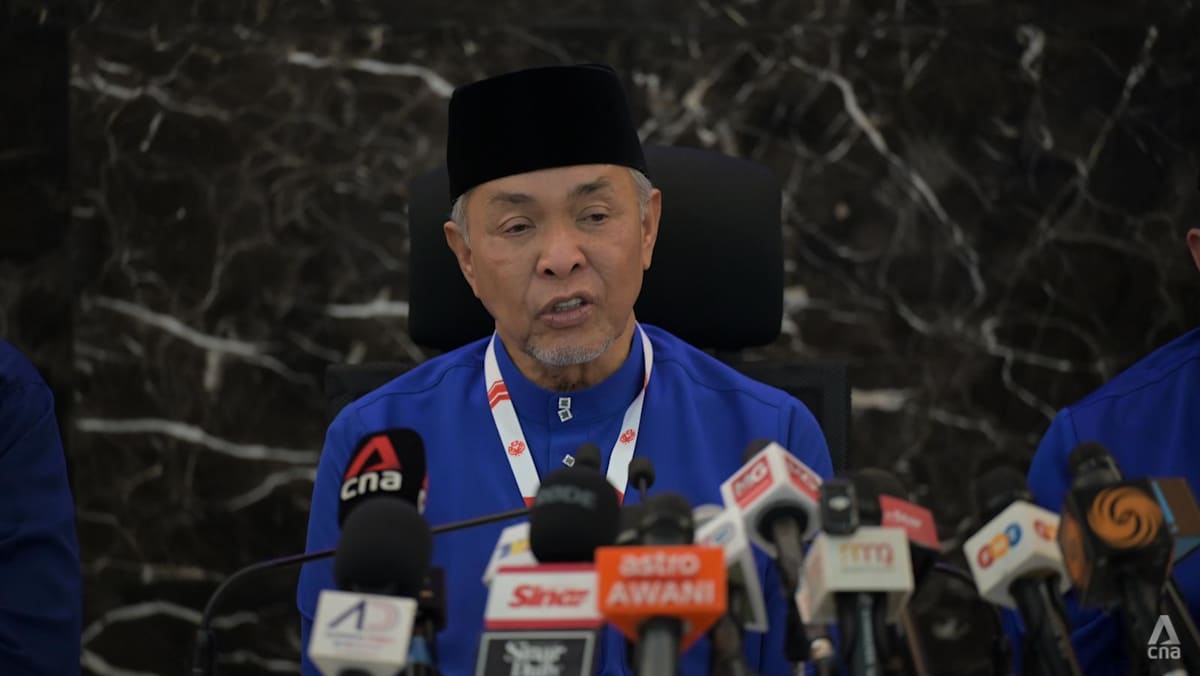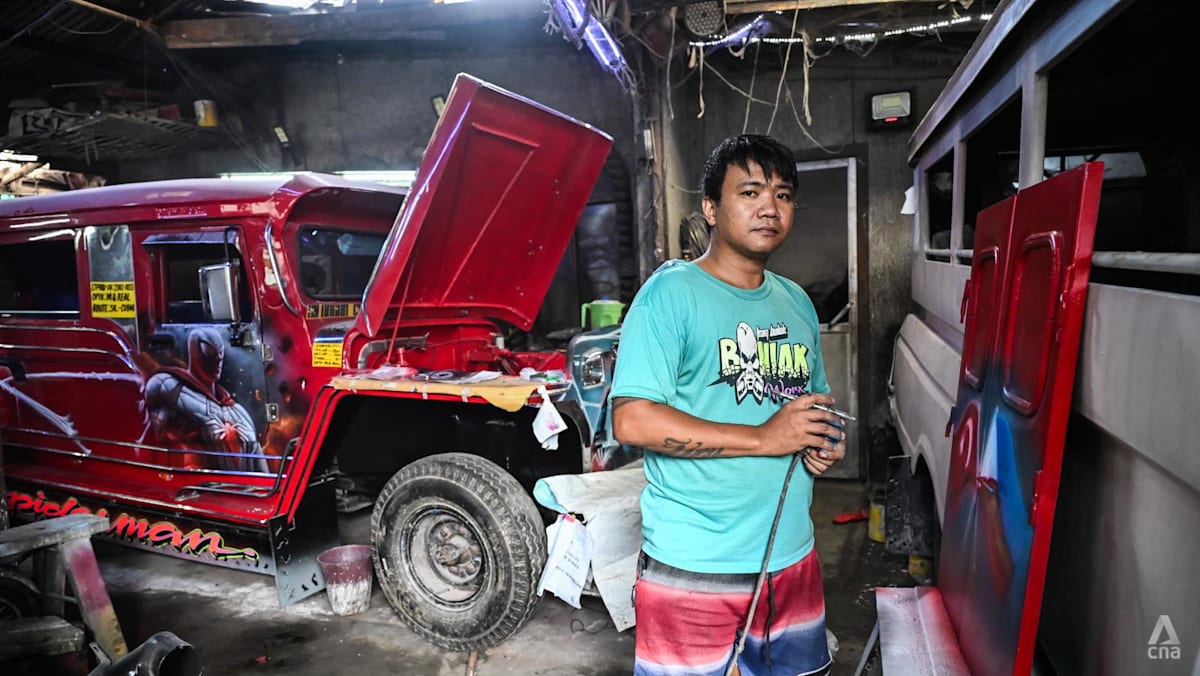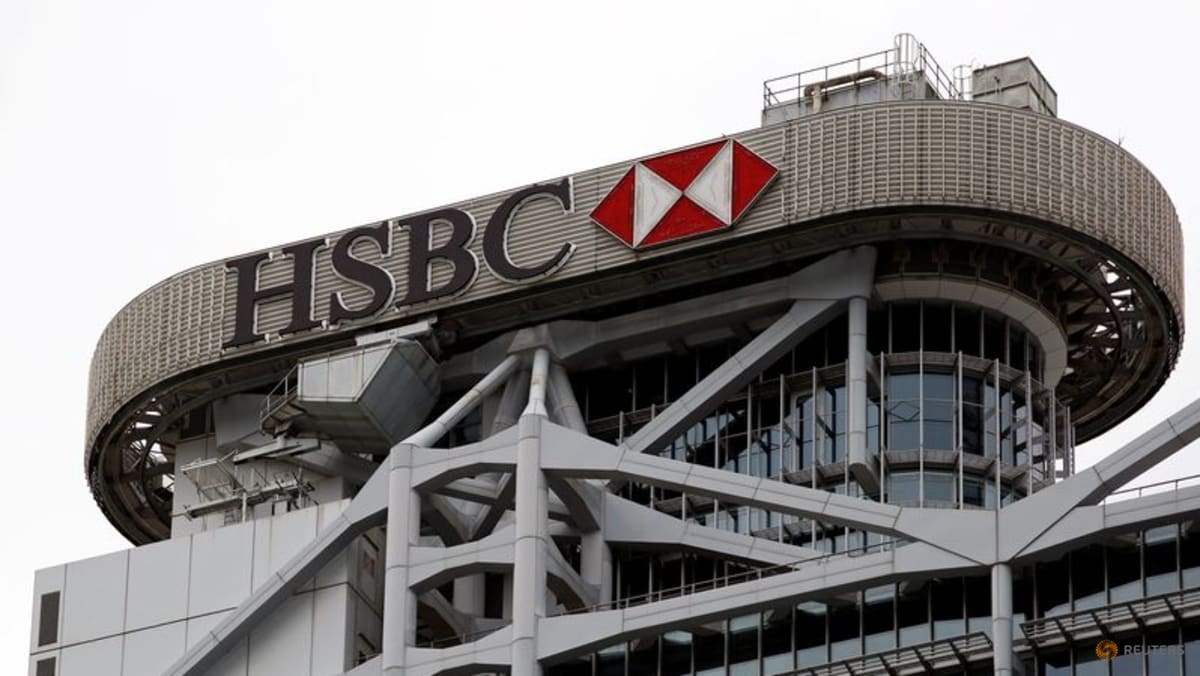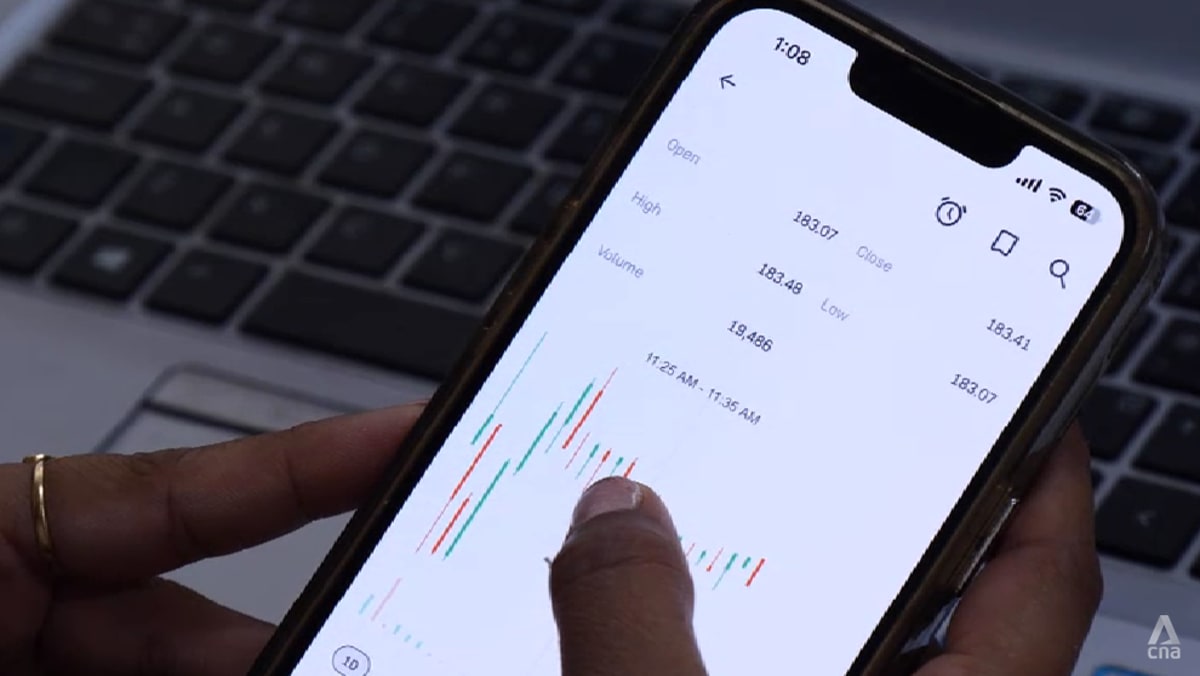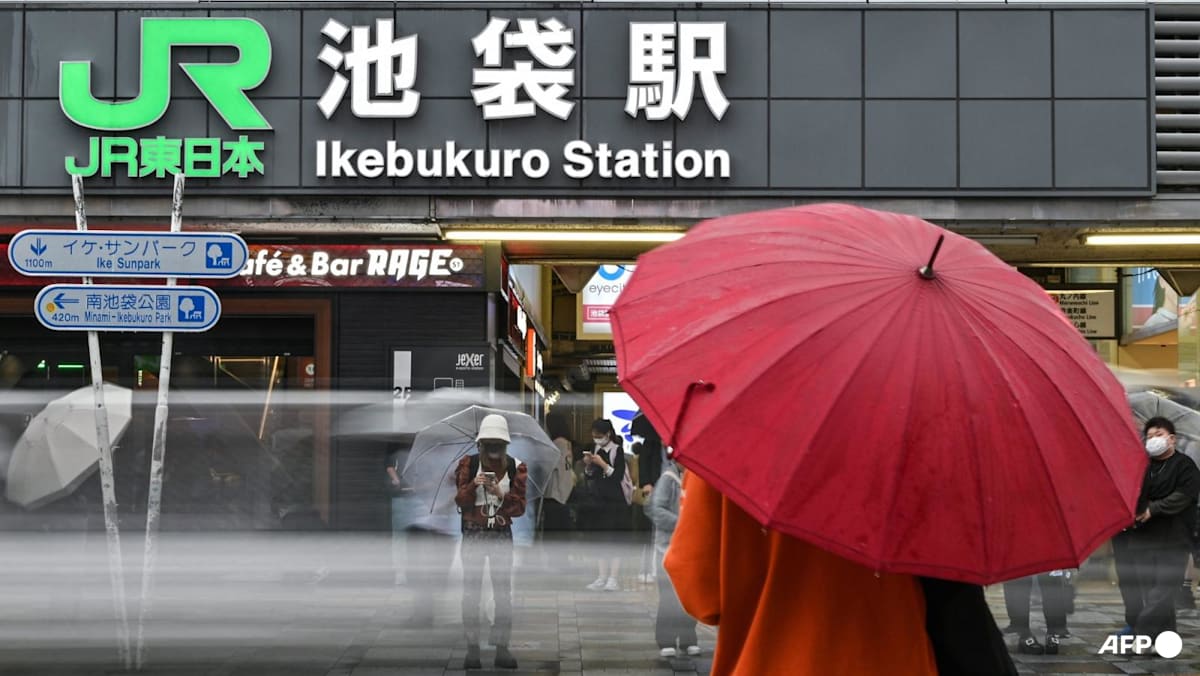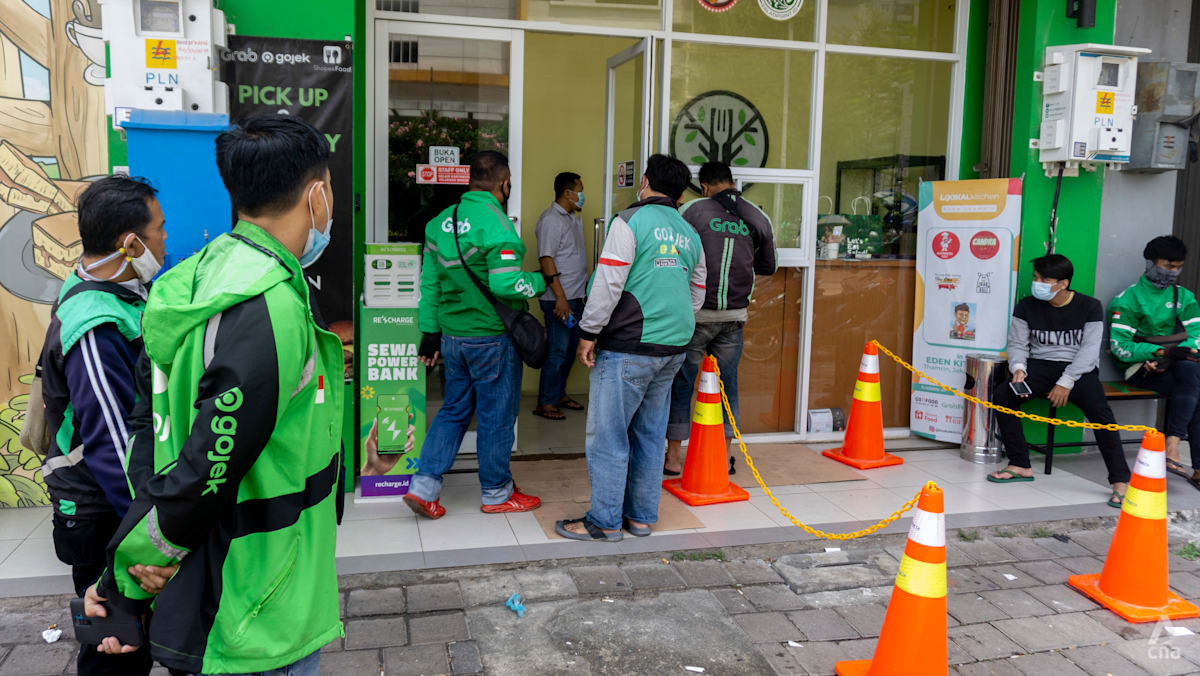Australia approves US$13.5 billion project to export solar power to Singapore

SYDNEY: Australia said on Wednesday (Aug 21) it had given the go-ahead for a A$20 billion (US$13.5 billion) solar project that plans to ship energy from a giant solar farm in the country’s north to Singapore through a 4,300km undersea cable.
Environment Minister Tanya Plibersek said SunCable’s flagship Australia-Asia power link project would help meet the growing demand for renewable energy at home and abroad.
Plibersek said the vast solar farm would generate enough energy to power three million homes and would include panels, batteries and eventually, a cable linking Australia with Singapore.
“It will be the largest solar precinct in the world and heralds Australia as the world leader in green energy,” she said.
A final investment decision is expected in 2027 with electricity supply to begin in the early 2030s, according to SunCable.
The approval comes with strict conditions to protect nature and the project must avoid the habitat of greater bilby, which are small rabbit-like marsupials with long floppy ears, Plibersek said.
Over two stages of development, the project aims to deliver up to 6 gigawatts (GW) of green electricity to large-scale industrial customers in Darwin, the capital city of Australia’s Northern Territory, and in Singapore.
In response to CNA’s queries, Singapore’s Energy Market Authority (EMA) said that it is in discussions with Sun Cable on its proposal.
Singapore is on track with its plans to import up to 4GW of low-carbon electricity by 2035, which will make up about 30 per cent of the country’s electricity supply in that year, an EMA spokesperson added.
It has granted conditional approvals to projects from various sources – 2GW from Indonesia, 1GW from Cambodia and 1.2GW from Vietnam.
Conditional approvals are given when the EMA preliminary assesses a proposed project to be technically and commercially viable.
“Potential electricity importers will be required to further develop their proposals and obtain the relevant regulatory approvals,” said the EMA.
Source: CNA


